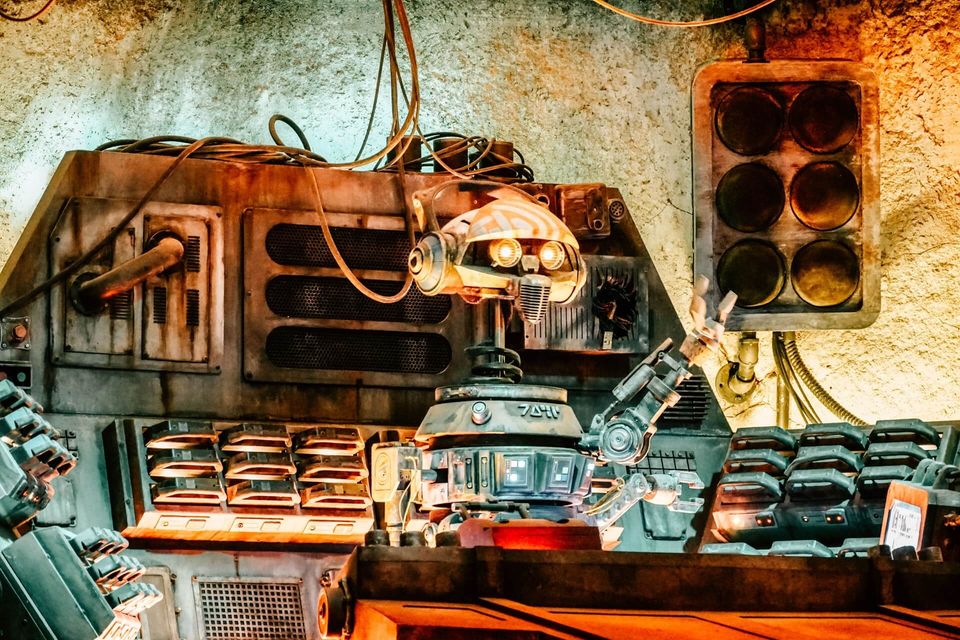The term “AI” stands for artificial intelligence. AI is the result of applying cognitive science techniques to artificially create something that performs tasks that only humans can perform, like reasoning, natural communication, and problem solving.
The history of AI can be traced back to the 1950s, when a group of researchers at Dartmouth College set out to create a machine that could think and learn like a human. This early work laid the foundation for the field of AI, which has grown exponentially in recent years.

Today, AI is being used in a variety of ways, from helping humans to interact with computers more effectively, to providing decision support in areas like medicine and finance. In the future, AI is expected to play an even more important role in our lives, as it becomes increasingly capable of completing more complex tasks.
AI is already having a significant impact on our economy and society. In the future, AI is expected to have an even greater impact, as it becomes increasingly capable of completing more complex tasks.
Some of the ways in which AI is expected to impact our economy and society include:
1. Internet and e-commerce: AI is expected to improve the efficiency of search engines and e-commerce platforms, making it easier for users to find what they are looking for.
2. Games: AI is expected to change the way we play games, as well as the way games are designed and developed.
3. Economic and social challenges: AI is expected to help us solve a variety of economic and social challenges, such as unemployment, inequality, and climate change.
4. Agriculture: AI is expected to transform the agriculture industry, making it more efficient and productive.
5. Cyber security: AI is expected to play a role in improving cyber security, by helping to identify and protect against threats.
6. Education: AI is expected to change the way we learn and be educated, as well as the way educational institutions are run.
7. Finance: AI is expected to impact the finance industry in a variety of ways, from helping to identify financial risks to providing advice on investment decisions.
8. Government: AI is expected to help governments run more efficiently and effectively, as well as improve the delivery of public services.
9. Health: AI is expected to improve the quality and efficiency of healthcare, as well as help to prevent and treat diseases.
10. Chemistry and biology: AI is expected to help us understand and predict the behavior of molecules and cells, as well as design new materials and drugs.
11. Astronomy, space activities and ufology: AI is expected to help us explore and better understand our universe, as well as identify and track objects in space.
12. Law: AI is expected to impact the legal profession in a variety of ways, from helping to identify legal risks to providing advice on legal cases.
13. Services: AI is expected to change the way we provide and consume services, as well as the way service industries are structured and operated.
14. Media: AI is expected to change the media industry, from the way news is reported to the way advertising is targeted.
15. Utilities: AI is expected to help us manage our energy and water resources more effectively, as well as improve the efficiency of our power grids.
16. Manufacturing: AI is expected to change the manufacturing industry, making it more efficient and productive.
17. Transport: AI is expected to change the way we move people and goods around, as well as the way transport systems are designed and operated.
18. Environmental monitoring: AI is expected to help us monitor and protect our environment, as well as identify and respond to environmental threats.
19. Computer science: AI is expected to impact the field of computer science, from the way algorithms are designed to the way computer systems are built.
You may be shocked as a result, but I need to explain a fact. This article was created entirely using AI.

